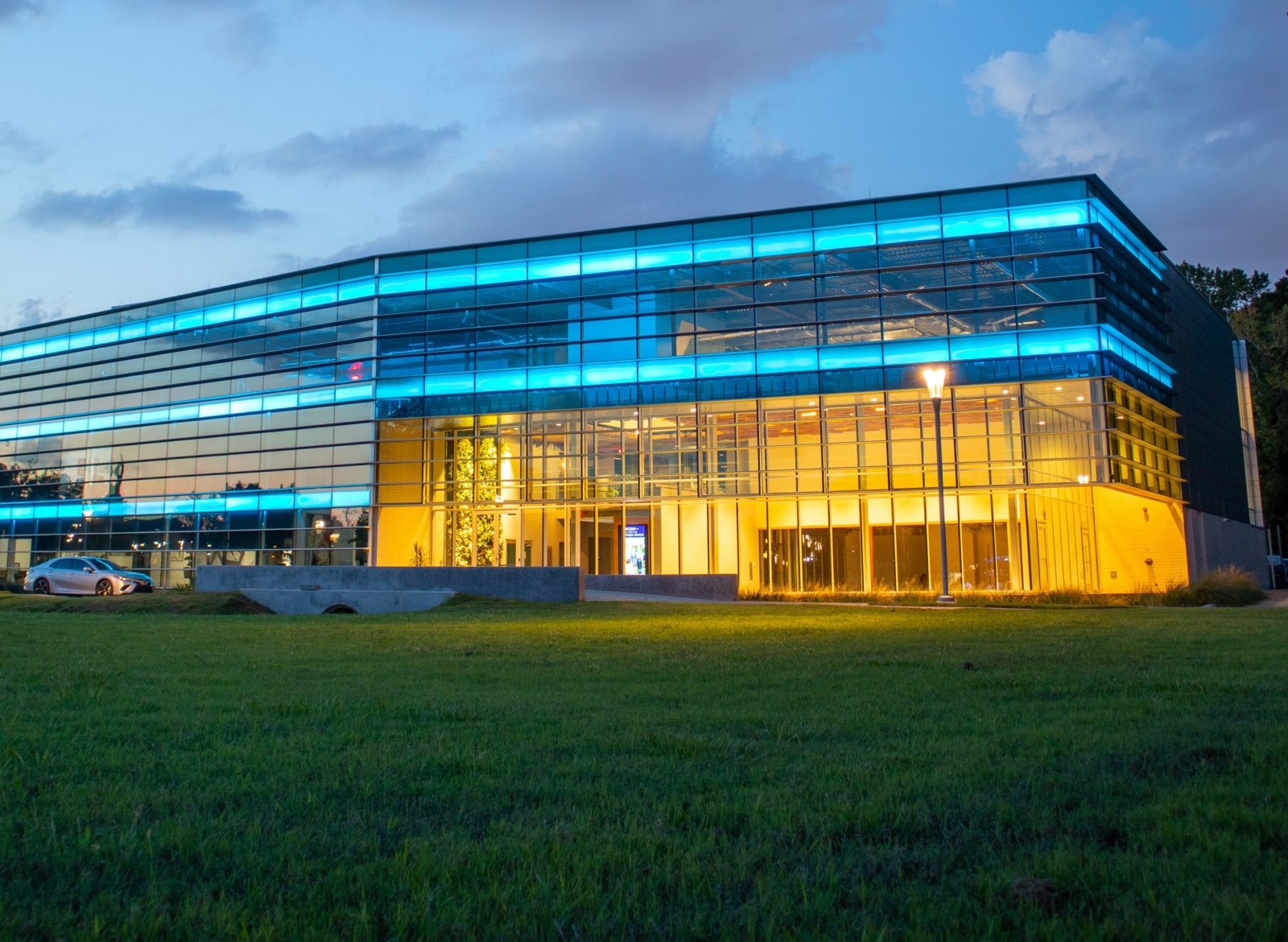
Context
The rise of digital technologies has not only driven change in cities but has also helped reshape our interactions with our environment and the places where we live and work: it has allowed us to move from a very linear pace of life – where one activity is done in a place dedicated to it – to a more fragmented conception – where a single place must be able to accommodate multiple activities. The recent pandemic, with its impact on our mobility, has certainly been a catalyst for this trend. Homes have been turned into workstations, offices are suddenly depleted, stores adopted click & collect or adapted their delivery supply chains, and so on so forth.
Our client, a major French player in the construction industry, wanted to investigate how the hybridization of buildings could enhance the potential use of buildings.
The mission
We carried out a deep dive study divided into three steps:
- A market study to paint a complete picture of all the megatrends related to building hybridization. We defined this blurry notion, and analyzed what market characteristics are (new business models, technologies, use cases)
- A startup landscape to identify the innovative players driving the hybridization market forward, with their own definition and approach
- A startup scoring to establish recommendations on the most relevant options for collaboration (R&D agreement, commercial partnership, investment, acquisition, etc.)
Key figures
1,800
startups scouted
We sourced 1,800 startups in Europe, the United States, and Israel in the building hybridization market.
45
startups rated
We used our proprietary scoring methodology to identify the most promising startups from a market point of view (based on a Venture Capital approach) and from the client’s point of view.
16
collaborations scenarios
By crossing our and the client’s scores, we identified the 16 most relevant startups for collaboration. For each startup, we put together a collaboration scenario.
